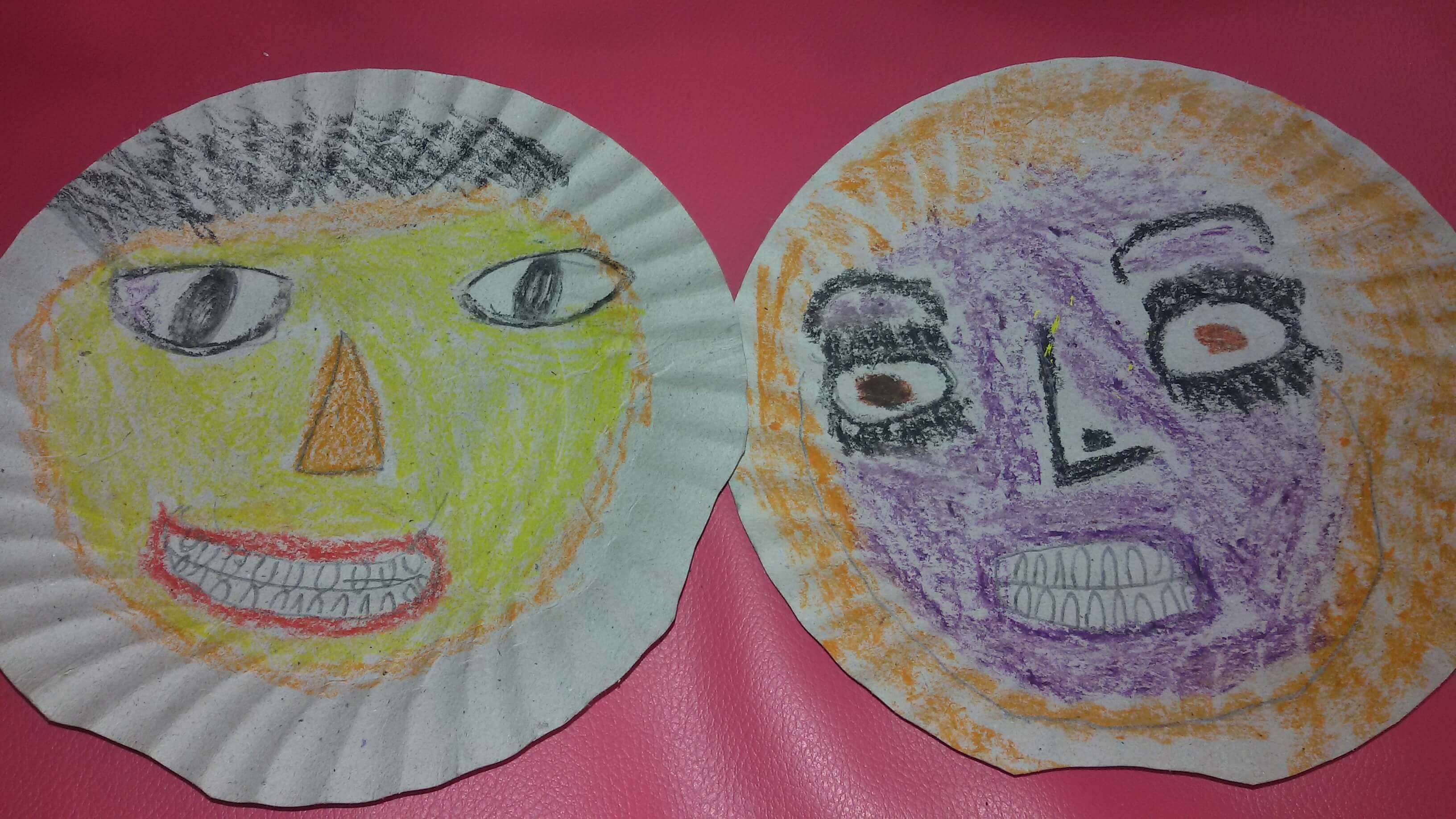-

Dreams and Transformations
November 8, 2017Tucked away in North Delhi’s Kingsway Camp is the Seva Kutir complex that houses (among other spaces) an observation home for juvenile’s under trial as well as a detoxification centre for juvenile addicts. The complex is as green and clean as it is militarized with high walls, flood lights, barbed wire, broken glass atop the walls and unforgivingly reinforced metal doors that require Herculean strength to budge. It is hard to enter a space like the observation home without preconceived notions about the incarcerated minors who are temporarily staying there. However, the children effortlessly destroy each and every such notion in a matter of minutes.
Avik Roy and I began our ‘Theatre Workshop’ for the children in the observation home on the 4th of September 2014. Our plan was to have a fluid plan. We wanted to gradually get to know some of the boys as well assess how exactly to go about introducing these young accused boys to the world of theatre. My biggest fear while initiating this process was that the boys would probably scoff at a theatre workshop being held in a halfway house where they do not expect to be lodged for more than a few weeks at most. Majority of the boys expect to be out in a matter of days. We decided that fast paced and energetic games would be the best way to grab their attention and luckily we weren’t entirely wrong. With the legendary ‘Dog and the Bone’ we began a relationship that altered our worldview forever. It is difficult to precisely document all that we felt and observed in the daily 2 hours we spent (and continue to spend) with the boys. Instead, it would be easier to describe some of the things we encountered that were radically different from the expectations that we harboured upon entering the observation home.
Most of our expectations of jail are informed by a great deal of popular culture representation that is fed to us on television and film. The reality of Aadharshila is very different. The children are not cooped into cells but instead have large shared dorms along with well maintained sports fields and courtyards. It is of extreme importance that we remember at all times that these children are not convicts but simply accused of crimes. Many of them are no different from the way we were when we were kids. Even though most of them are school dropouts, their levels of awareness are no less than any child exposed to the same media.
The first few days of the workshop were haphazard because the children (and the two of us) remained entirely unsure about what we were doing. The boys were hesitant and were not particularly interested in the introspective aspects of the games. Some of them would stay for the games they enjoyed and then utilize extremely creative excuses to vamoose at the very point something serious or sombre was being discussed. By day 4 our heads began to droop, two boys broke into a fight and things started were looking stagnant and progress seemed almost impossible. We then realized that we needed to spice things up and start getting the kids to get a sense of acting, character, narrative arc and other simple concepts of theatre. We finally settled on the most trusted group, who showed an initiative to be a part of this process. Some started to get excited at the prospect of performing a play.
We would have preferred if the play had been scripted and written by the children based on their own stories. We had gotten them to share, draw and write about themselves but it remained impossible to get them to create a fiction work, and so we had to take the scripting upon ourselves. The boys thoroughly enjoyed portraying the story of a poor boy who falls into drug addiction and subsequent petty crime which lands him in jail. The performance was cathartic in a way we least expected. The boys had their fellow inmates roaring with laughter and completely immersed in the play. They cheered the boys playing drug addicts but suddenly became pensive and quiet when our young protagonist spoke about his dreams and aspirations. The play ended with each boy telling the audience their name, and what they will be when they return to the world outside.
There has been so much injustice, anger, resentment and frustration that these boys are often lost about how to channelize their emotions. They blame the system, they blame poverty and often just simply do not want to come to terms with their own faults. Our aim was to instill hope and a sense of achievement that could help these teenagers break out of the trap of blaming circumstances and taking control of their own destiny, even if against the odds. It was not just the play, but the entire experience of getting to know these boys that was transformative for all of us involved.
– Shaman Marya is a Law graduate from Delhi University, deeply interested in film making, who has been associated with Yuva Ekta earlier during the 2008 Summer Programme and is now a volunteer with us.



